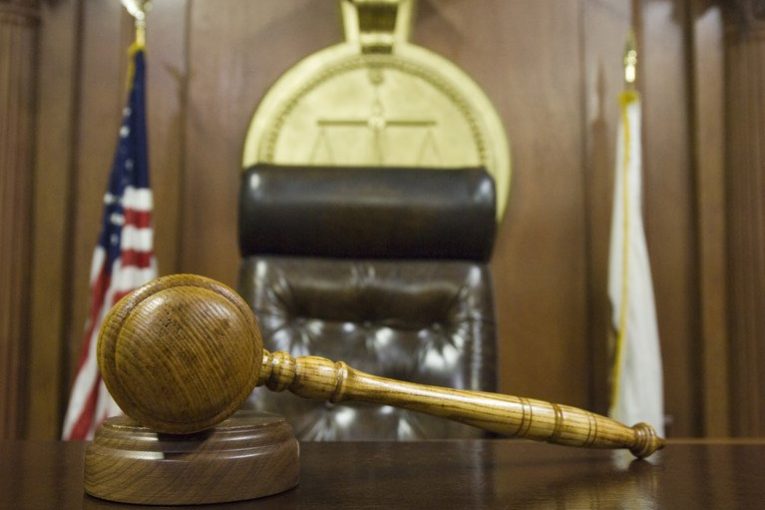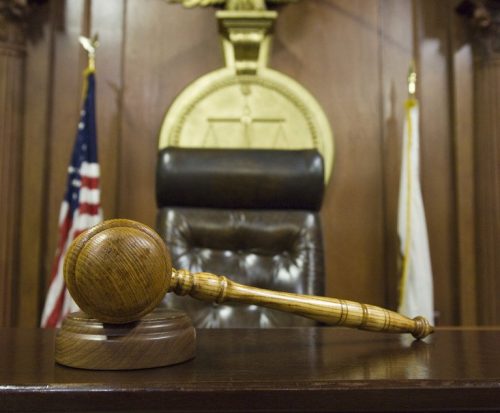

By Caleigh Carlisle
CHAPEL HILL, NC – The School of Law at the University of North Carolina at Chapel Hill (UNC) founded a research initiative in 2018 known as the Prosecutors and Politics Project that has published a study focusing on the impact of media coverage and campaign contributions from law enforcement during prosecutor elections, and the result of prosecutor legislative lobbying.
According to a report published this month, “The Project endeavors to bring scholarly attention to the democratic accountability of elected prosecutors, to increase our understanding of the relationship between prosecutors and politics… and in order to increase voters’ knowledge about their elected prosecutors and broader criminal justice issues.”
The study examined 27 prosecutor elections in jurisdictions of varying populations. It specifically focused on the “amount of media coverage, the content of coverage, and the tone of coverage,” and found overall media coverage surrounding a prosecutor election was relatively low, with the median incumbent mentioned in only 24 articles in an election year.
The study said, “Candidates with the most media mentions won nine of 11 contested elections.” Contested elections generally received more media coverage.
The study also found 62 percent of news stories that mentioned an incumbent prosecutor did not provide their policies or prosecutorial decisions. Alternatively, 55 percent of articles that mentioned a non-incumbent prosecutor running for election discussed their platform or policies.
The report stated, “Even if voters were aware that their local prosecutor was up for election, they may not have possessed sufficient information to cast an informed vote in that election.”
The Prosecutors and Politics Report compiled a database that “identifies who contributed to prosecutor elections and the amount of their donations.”
According to the database, in 2018 alone, more than $900,000 was donated by law enforcement to local prosecutor campaigns. According to the Prosecutors and Politics Project, 57 percent of law enforcement donations to campaigns occurred in just three states: New York, Florida and California.
The Project stated, “The total amount of law enforcement dollars donated to prosecutors is likely understated…the database includes only direct campaign contributions, not independent expenditures, and the affiliation of one-third of all money donated was not specified.”
According to the Project, law enforcement donating to prosecutors’ campaigns is highly concerning, arguing, “[Prosecutors] make decisions about the credibility of the police and the legality of their actions. If a police officer shoots an unarmed civilian, the prosecutor is responsible for deciding to bring criminal charges. If the prosecutor has received money from law enforcement, the public may question the legitimacy of those decisions.”
Additionally, the study compiled data on how often prosecutors lobbied state legislators, the criminal justice issues they lobbied, the position they took on these issues, and the ultimate outcome of state legislation concerning these issues.
The study found more often than not, prosecutors lobbied in favor of bills that increased punishment and expanded the scope of criminal laws. And prosecutor-supported bills were more than twice as likely to pass than bills they did not support.
The full report can be found at: Research | UNC School of Law